On-Grid Solar System
ON-GRID SOLAR

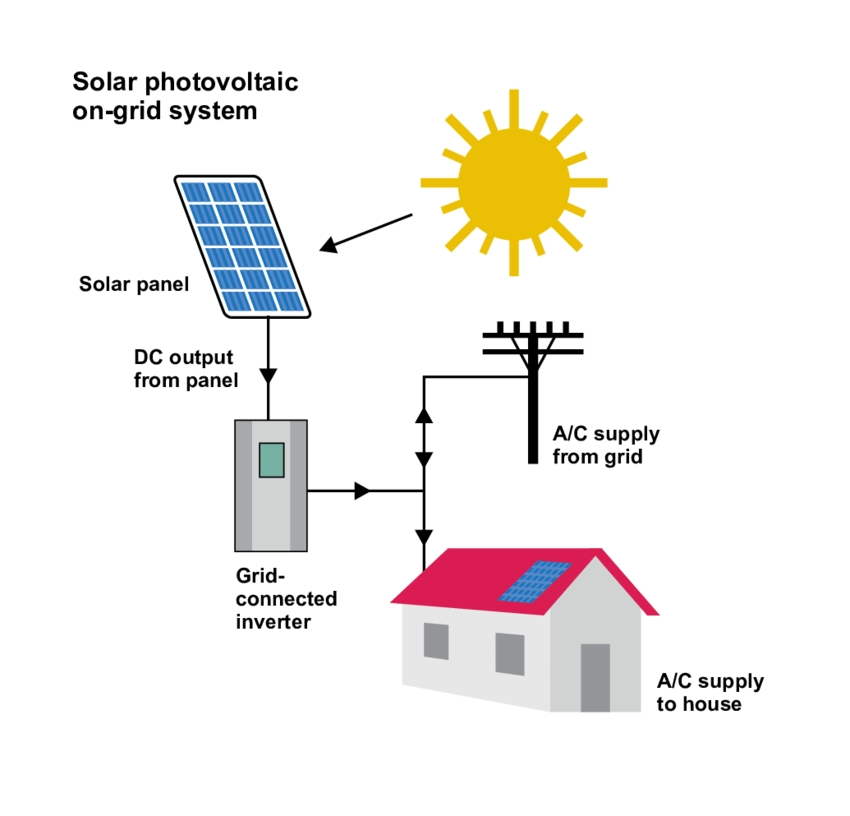
On-Grid Solar Power systems are used widely in commercial and residential segments where consumption of electricity is very high. These systems do not require batteries and make use of solar inverters and is connected to the public electricity grid. Utility grid is a necessity for this system. Solar power generated is fed to the load and the excess power is exported into the grid. The net meter connected in the system reads the net power imported from and exported in to the grid. During the absence/outage of the utility grid, the system shuts down, as a safety measure.
This has the advantage of effective utilization of generated power because there are no storage losses involved. Even if there is no load during the day time, power generated does not get wasted, but gets fully exported into the grid. Installations of On-Grid system require the clearance and approval from the Electricity Board and Electrical Inspectorate. The user has to pay only for the net power consumed. The excess power given to grid will be adjusted in the electricity bills. Credits are normally carried forward over the months and any remaining surplus is settled annually. Additional power backup should be available in case of any power outage.
![]()
- No Techno-financial risk
- Guaranteed Savings
- End-to-End service delivery
- 12 Months holding period
- Zero investment from customer
![]()
- No Techno-financial risk
- Guaranteed Savings
- End-to-End service delivery
- 12 Months holding period
- Zero investment from customer
ON-GRID SOLAR System Components
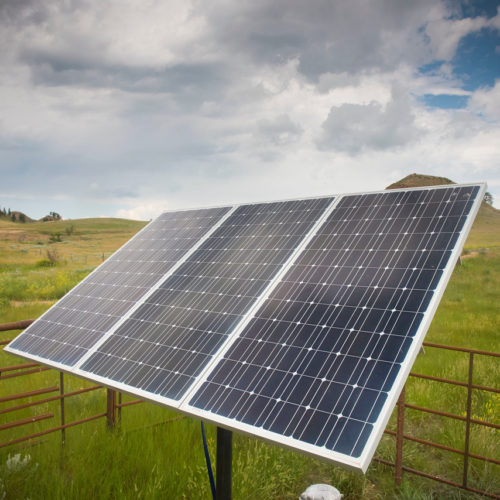
Solar Panel
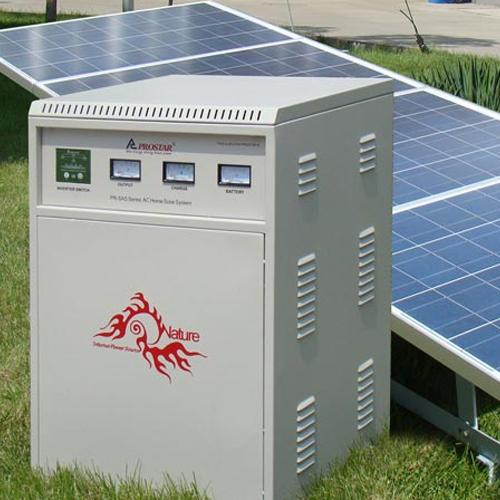
Solar Inverter
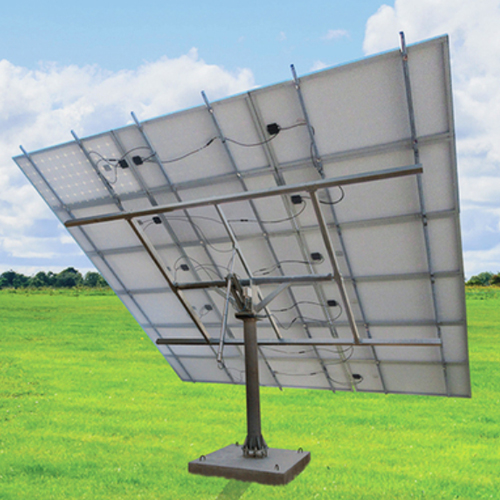
Panel Stand

Solar Wire

DCDB / ACDB
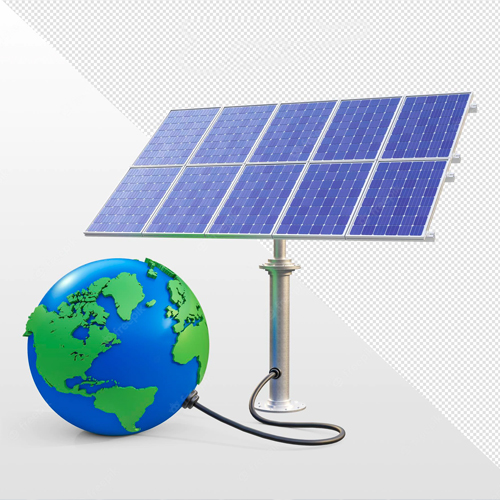
Earthing Kit
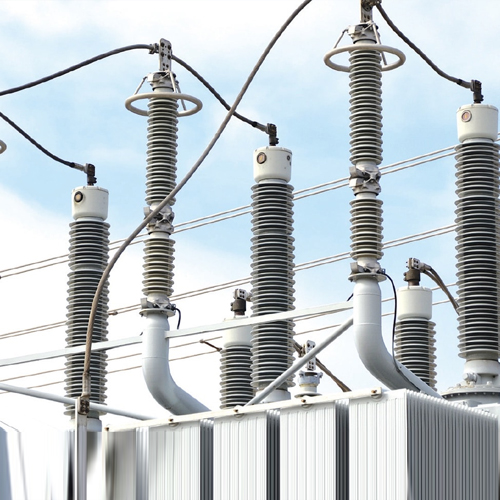
Lighting Arrestor
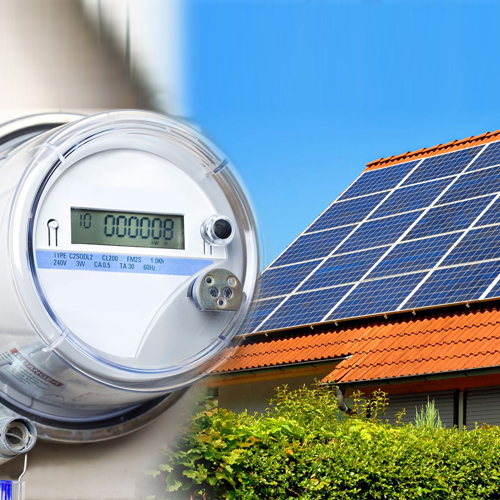
Net Meter & Solar Meter
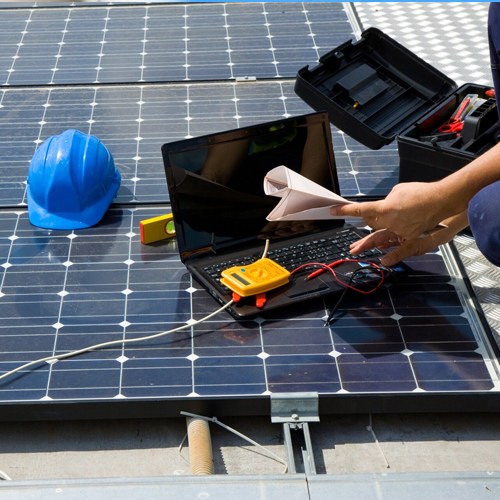
Safety Equipment

Installation Accessories
Benefits
Guaranteed 24*7 power supply
Opportunity to earn more
More Savings
Good Investment Returns
Works efficiently
Easy to install
Less Costly
Less Maintenance
Subsidies and Other Incentives

Advantages
- Utility is a 100% efficient battery, which has the potential to absorb all the additional energy.
- You need not to bring any change in your lifestyle or conserve electricity.
- It provides you a backup of a stand-alone unit.
Disadvantages
- These provide less incentive to conserve
- These are battery-less systems, which provide you no backup.
Connect Us
Have a project to discuss with us?